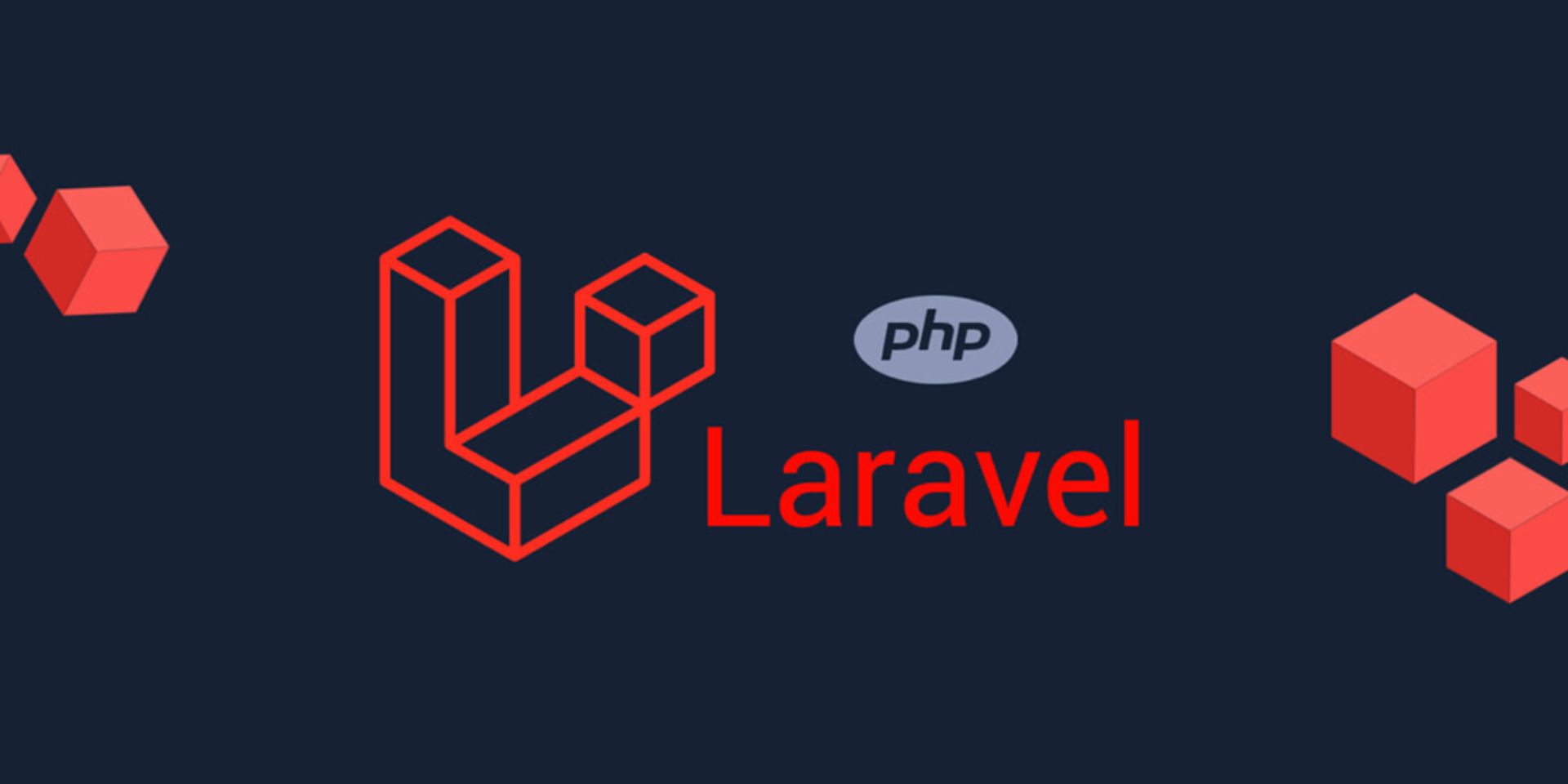
Laravel APP_KEY Vulnerability Allows Remote Code Execution – Hundreds of Apps Affected
Laravel APP_KEY Vulnerability: A Critical RCE Threat Unpacked
In the evolving landscape of web application security, a critical vulnerability has emerged, striking at the heart of Laravel applications. This flaw, centered around the exposure of the APP_KEY configuration value, poses a significant risk: Remote Code Execution (RCE). For any organization or developer leveraging Laravel, understanding this vulnerability and the steps to mitigate it is paramount. The consequences of an exploited RCE vulnerability can range from data breaches and unauthorized system access to complete compromise of the affected server.
Recent collaborative research by GitGuardian and Synacktiv has shed light on the alarming scale of this issue. Their findings indicate that hundreds of thousands of Laravel APP_KEYs have been inadvertently exposed on public platforms like GitHub since 2018. Even more concerning, over 600 applications have been definitively identified as trivially vulnerable to RCE attacks due to this exposure. This revelation underscores a severe blind spot in security practices and highlights the need for immediate action.
Understanding the Laravel APP_KEY Vulnerability
The core of this vulnerability lies in Laravel’s handling of its APP_KEY and the subsequent deserialization of encrypted data. The APP_KEY is a crucial cryptographic key used by Laravel for various security-sensitive operations, including session encryption, cookie encryption, and other data protections. It’s intended to be a secret, unique key for each application instance.
The vulnerability arises because Laravel, under specific conditions, automatically deserializes decrypted data. If an attacker gains access to the APP_KEY, they can craft malicious serialized data, encrypt it using the compromised key, and then feed it back to the application. When the application decrypts and automatically deserializes this malicious payload, it can lead to arbitrary code execution.
This isn’t merely a theoretical exploit. The research confirmed that with a known APP_KEY, attackers can predictably generate payloads that the Laravel framework will process, leading directly to RCE. This vulnerability essentially turns a stolen secret into a backdoor for complete system takeover.
The Scope of the Exposure: Hundreds of Thousands of Keys, Hundreds of Vulnerable Apps
The numbers from the GitGuardian and Synacktiv research are stark. Over 260,000 APP_KEYs have been inadvertently pushed to public GitHub repositories since 2018. While not every exposed key immediately translates to a vulnerable application, the sheer volume indicates a widespread issue of misconfiguration and inadequate secret management practices.
More critically, the researchers identified over 600 applications that are demonstrably vulnerable to trivial RCE attacks because their APP_KEYs are exposed and the underlying Laravel versions exhibit the deserialization vulnerability. This confirms that the problem is not hypothetical but a present and exploitable threat for a significant number of deployed Laravel applications.
This type of exposure often stems from developers unknowingly committing sensitive configuration files (like .env) containing the APP_KEY to public version control systems. It’s a classic case of secret sprawl, where critical credentials are leaked into publicly accessible locations.
Remediation Actions: Protecting Your Laravel Application
Immediate and decisive action is required to protect Laravel applications from this RCE vulnerability. Here’s a comprehensive set of steps:
- Rotate Your
APP_KEYImmediately: This is the most crucial step. Generate a new, strongAPP_KEYfor your production environment.- Open your Laravel project’s
.envfile. - Change the value of
APP_KEY=to a new, randomly generated strong key. - Alternatively, run
php artisan key:generate(ensure this is done carefully in production environments as it will invalidate existing sessions and encrypted cookies). - After rotating the key, users will likely be logged out, and any previously encrypted data (like signed URLs or encrypted cookies) may become invalid.
- Open your Laravel project’s
- Ensure Your
APP_KEYis Never Publicly Exposed:- Review Git History: Scan your Git repositories, both public and private, for any past commits that might have included the
.envfile or directAPP_KEYvalues. Use tools like GitGuardian or similar secret scanning services. If found, you’ll need to remove the sensitive data from your Git history (which can be a complex process). - Implement
.gitignoreProperly: Ensure your.gitignorefile explicitly includes your.envfile and any other sensitive configuration files. - Use Environment Variables: Never hardcode your
APP_KEYor other secrets directly in your codebase. Instead, rely on environment variables managed outside of your version control system.
- Review Git History: Scan your Git repositories, both public and private, for any past commits that might have included the
- Update Laravel to the Latest Version: While rotating the key is paramount, keeping Laravel and its dependencies updated is always a best practice for general security. Newer versions often include patches for underlying deserialization vulnerabilities that might be leveraged.
- Implement Secret Management Best Practices:
- Utilize dedicated secret management solutions (e.g., HashiCorp Vault, AWS Secrets Manager, Azure Key Vault) for storing and retrieving sensitive credentials in production.
- Educate development teams on the importance of not committing secrets to version control.
- Integrate automated secret scanning into your CI/CD pipelines to catch accidental exposures before they reach production.
- Monitor for Exploitation Attempts: Keep a close eye on your application logs for unusual activity, strange requests, or error messages that might indicate RCE attempts.
Tools for Detection and Mitigation
A proactive approach to security involves leveraging the right tools. Here are some invaluable resources for detecting exposed secrets and scanning for vulnerabilities:
| Tool Name | Purpose | Link |
|---|---|---|
| GitGuardian Internal Monitoring | Scans GitHub repositories (and others) for leaked secrets and misconfigurations. | https://www.gitguardian.com/internal-monitoring/ |
| TruffleHog | Open-source tool for finding secrets in Git repositories. | https://github.com/trufflesecurity/trufflehog |
| Gitleaks | Another open-source secret scanning tool for Git repos. | https://github.com/zricethezav/gitleaks |
| OWASP ZAP | Leading open-source web application security scanner for identifying various vulnerabilities. | https://www.zaproxy.org/ |
| Burp Suite | Comprehensive set of tools for web application security testing (Community and Professional editions). | https://portswigger.net/burp |
Conclusion
The Laravel APP_KEY vulnerability serves as a potent reminder of the critical importance of secure configuration management and robust secret handling. The exposure of sensitive keys, particularly one as fundamental as the APP_KEY, can directly lead to devastating RCE capabilities for attackers. While the Laravel framework provides powerful features, its security is intrinsically linked to how well developers and operations teams manage its secrets.
By immediately rotating exposed keys, diligently preventing future exposures, and embracing best practices for secret management and application security, organizations can significantly reduce their attack surface and safeguard their Laravel applications from this ongoing threat. Proactive security measures are not just recommended; they are essential for maintaining the integrity and availability of your web applications in a constantly evolving threat landscape.





